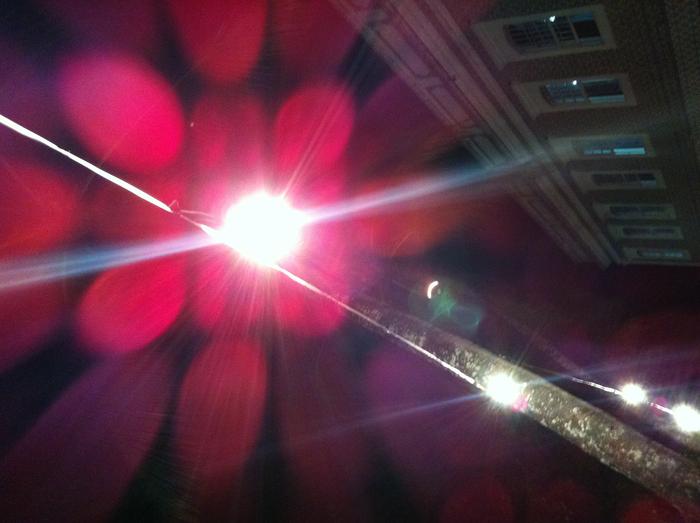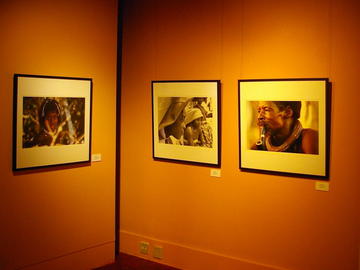Abolição Museum Picture 2

More information on Abolição Museum Photo by: Henrique Vicente
Abolição Museum
Museum of Abolition - Reference Center for Afro-Brazilian Culture
Just as the history of Afro-Brazilian, who has the strength of its greatest exponents, the Museum of Abolition - Reference Center of Afro-Brazilian Culture linked to the 5th Regional Superintendent of the Institute of Historic and Artistic National - IPHAN comes resisting obstacles over the years. From its inception in 1957, Federal Law by Decree No. 3357, to his inauguration on May 13, 1983, it took 26 years. Housed in the Great Sobrado da Madalena, Madalena seat of ingenuity and then residence of the Director João Alfredo, president of the Council in 1888 that abolished the slave system in the country.
Closed in March 1990, the Museum of Abolition - Reference Center of Afro-Brazilian Culture, was reopened for public viewing on September 17, 1996, the day of Cultural Heritage, established by the community of Mercosul as a "Day of Open Doors ". The reopening was the start of a restructuring process that intends to comply in several stages, in partnership with the various segments and entities african-Brazilian movement.
The Museum that are restructured, falls within a new design museum, where it is believed that the material culture, expressed in the exhibits, is valid as a carrier and transmitter of the memory of a society. Are these objects, which should allow the visitor a comprehensive understanding of power relations in society that created them, ie, a reinterpretation of the historical, political, social and economic development, enabling to form a critical consciousness of the past and relate it to the present.
Currently, the Museum has a permanent exhibition room called "Memorial", 39 pieces are exposed daily lives of slaves and masters, ranging from religious syncretism to objects used in the trade of blacks and other objects, which are part of the acquis, providing the viewer a meeting with the symbols of the process of Brazilian culture. Rather than tell the story, the room of the "Memorial" is a space of emotion / reflection, causing situations and evokes associations of past and present. Inquiries and questions concerning the Slavery, Abolition, Racism, Violence, Cultural Diversity, Identity and Brazilian citizenship, are presented.
The temporary exhibition room is for the dissemination of "Afro-Brazilian Contemporary Expressions" proposed by the community, allowing a greater participation of the same actions in the Museum.
The Mini-Auditorium, with capacity for 50 people, provides the seminars, courses, lectures and discussions, book launches and other events offered by the Museum or in partnership with the community.
In the center of documentation and research, historians, students and researchers have a computerized library and specialized in african-Brazilian theme and museology, with about 800 copies, 194 periodicals and a newspaper library with approximately 6,500 newspaper and magazine clippings, and a document archive, with 34 documents of the period.
The outdoor area has an amphitheater, gardens that enable the development of educational and cultural activities such as workshops, courses, presentations, dance groups, music, theater and other expressions of Afro-Brazilian culture.
Currently, the Museum of Abolition - Reference Center of Afro-Brazilian Culture, is developing a series of activities that are part of a revitalization project, proposed in partnership with the community african-Pernambuco. The feature that is steeped in its name is a potential space of the Museum of questioning, exchanging ideas, affirmation of citizenship of the Brazilian who is the exponent of the mixture of races, the major factor in its formation.
Address: Rua Benfica, 1150 - Madalena Cep. 50720-001 Recife-PE
Phone: +55 81 2283011
Visiting hours: Monday to Friday
Time: 9 am to 12 pm - 2:00 pm to 5:00 pm
http://www.cultura.pe.gov.br/museu7_abolicao.html
More Photos of Abolição Museum Picture 2


